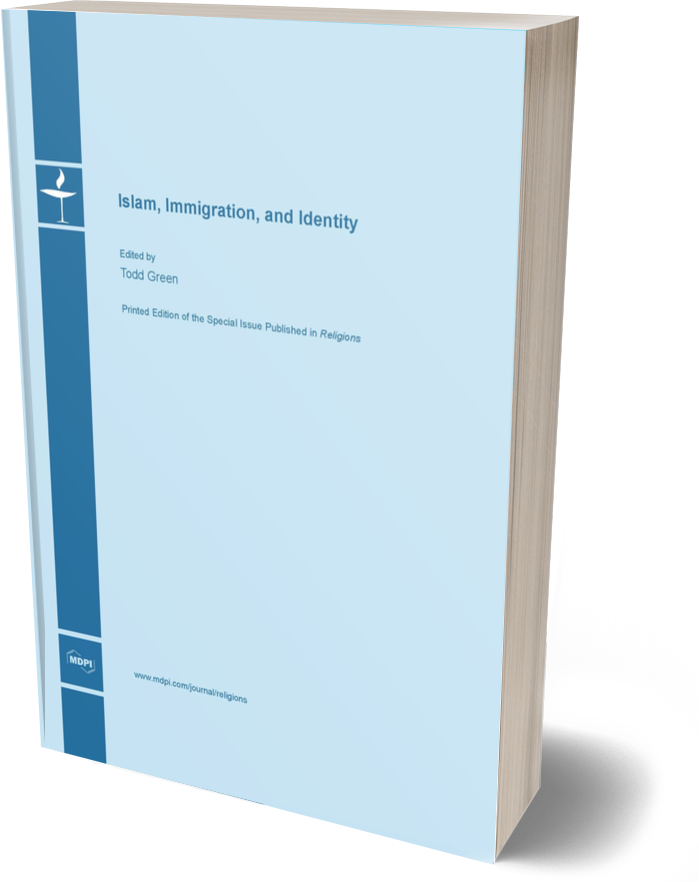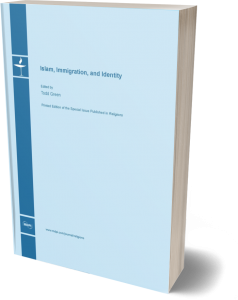In this Special Issue, distinguished scholars from Europe and North America, representing diverse disciplinary and methodological approaches, problematize the clash of civilizations narrative by exploring more deeply and richly the intersection of Islam, immigration, and identity in the West.
The themes addressed in these articles represent some of the most debated issues among scholars, journalists, and politicians pertaining to the place of Muslims in the West and include multiculturalism, Muslim political representation, Sharia controversies, the reconciliation of Muslim with national identities, racism, gender and sexuality, and Islamophobia. Geographically, the authors address the intersection of Islam, immigration, and identity in Western countries that include Britain, France, Italy, Malta, Spain, Sweden, Canada, and the United States.
What the authors share in common is the desire to shed light on how the growth and increasing visibility of Muslim minority communities in the West has led both Muslim and non-Muslim populations to reflect on and/or reconsider cultural, religious, and national identities in light of the ‘Other.’ While the authors take seriously the very real tensions that exist between Muslim minority communities and the non-Muslim majorities of Europe and North America, they argue, explicitly or implicitly, that recourse to a clash of civilizations framework to explain these tensions does not do justice to the complex ways in which Muslim and Western identities are negotiated and transformed in light of the historic and contemporary interactions between the two.

